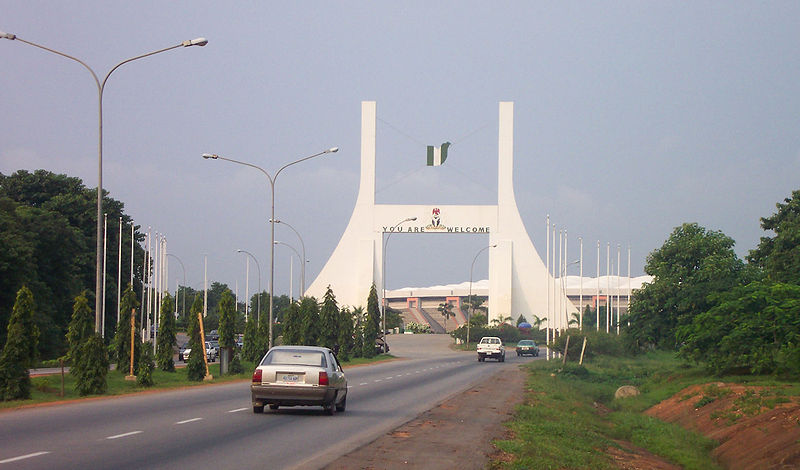A group, HipCity Innovation Centre, has called on the Nigerian Government to properly resettle the original inhabitants of Abuja.
Speaking at a press conference in Abuja on Thursday, Mr Bassey Bassey, the Executive Director of the group, drew attention to the alleged neglect of the people, saying their land has been taken over by the Nigerian government and have been pushed into the hinterland.
Advertisement
The group, which launched a project, ‘Promoting the rights of original inhabitants in Abuja’, noted that the programme was aimed at laying “the building block upon which a people who have been forgotten, neglected, marginalized, will stand upon to speak and their voices will reverberate across Nigeria and globally.”
Bassey noted that the inhabitants had been treated with “no regard for their fundamental human rights which guarantees that every human has the right to clean, portable water, access to basic healthcare, right to education and the sustainable exploitation of the environment upon which many depend on for their livelihood, heritage and medicine.”
He explained that the organisation had worked extensively with original inhabitants’ communities in the last three years and discovered to poor living conditions assaulting them.
Bassey specifically pointed out that in 2018, “We moved into one of the indigenous communities in Abuja and lived with the people for 6 weeks; waking up every morning to the struggles of fetching water, the trauma of going to the health centre and having to be referred to a distant hospital because there are no drugs and/or equipment.
Advertisement
“All of these catalyzes us to support local communities in holding government to account in the delivery of basic services and the inclusion of citizens in government plans and actions and to demand to be treated fair and not as second-class citizens.
“In the last 30 years and most recently, we have witnessed and observed government make failed attempts to relocate and resettle the original inhabitants to new locations without the provision of basic services.
“Most recently we had visited Shere community; a community where the FCT government had announced that it had plans to relocate/resettle some indigenous communities within the city centre for an assessment of the available basic services within the community and we can authoritatively report that the healthcare facility in Shere lies in ruins with the roof leaking, lacks equipment and many more.
“The LEA primary school is a shadow of its self with some classroom roof either blown off, ceiling hanging down etc. Generally; the school is not up to standard to support the community and one can only imagine what the situation would be with extra population.
“The situation in Shere is not an isolated one, as most OIs and OIs communities in Abuja lack access to basic services and have lived in neglect, deprivations and marginalization for decades.
Advertisement
“Over 40% of illiteracy rates in the FCT are in OI communities, 80% of remote PHCs lack functional health facilities and man-power, access to electricity (on-grid and off-grid), water and hygiene services, and environmental pollution and degradation.
“All of these deprivations have been exacerbated by the impacts of COVID-19 which has plunged the OIs into multidimensional poverty.”
He informed that HipCity Innovation Centre through will advocate for inclusive basic service delivery in Original Indigenous Settlements, OIS, to reduce the already widened inequality suffered by the original inhabitants of the FCT.
Among other things, the group will demand for the inclusion of OLS in decision making process on issues of service delivery that concerns them as the group is committed to build synergy with stakeholders for better impacts on the people.
According to him, the group will also serve as a reporting channel to amplify the challenges of OLS across the 17 Chiefdoms to relevant MDAs with the mandate of service delivery, monitor budget implementation in the area of basic service provision with special attention to basic education, basic health care, WASH and environmental sustainability.
The group said the project will strengthen communication channels between government and the Chiefdoms by organising town hall meetings, radio programs, symposiums and street talk shows to contribute to creating awareness on government initiatives for the people, create report-back systems for government to engage, respond and act on the demands of the people.



